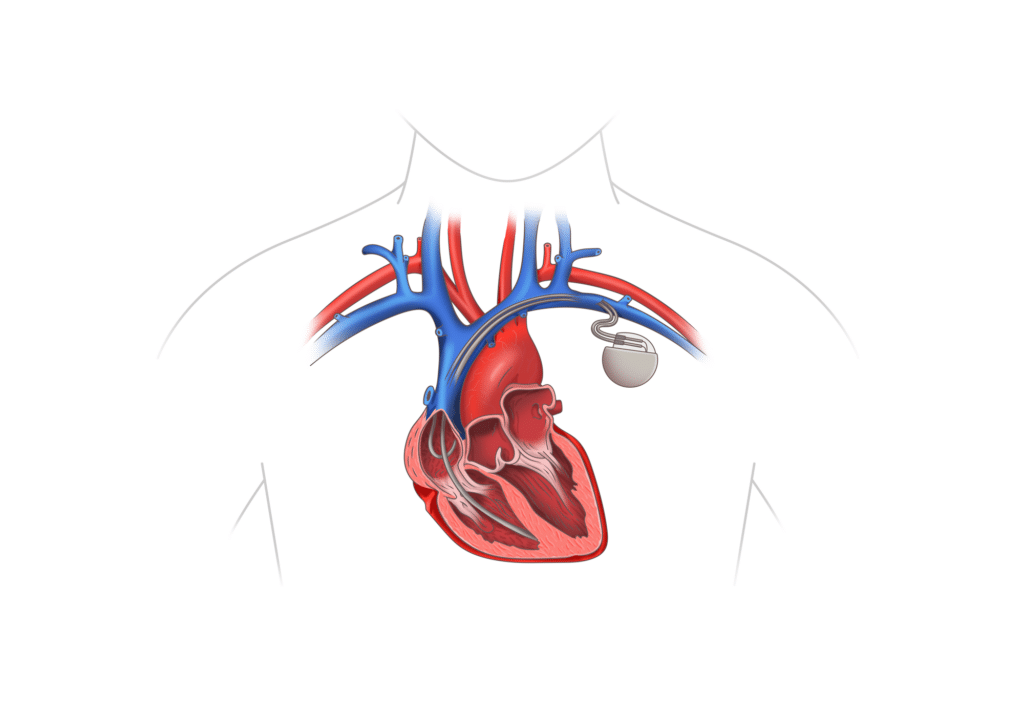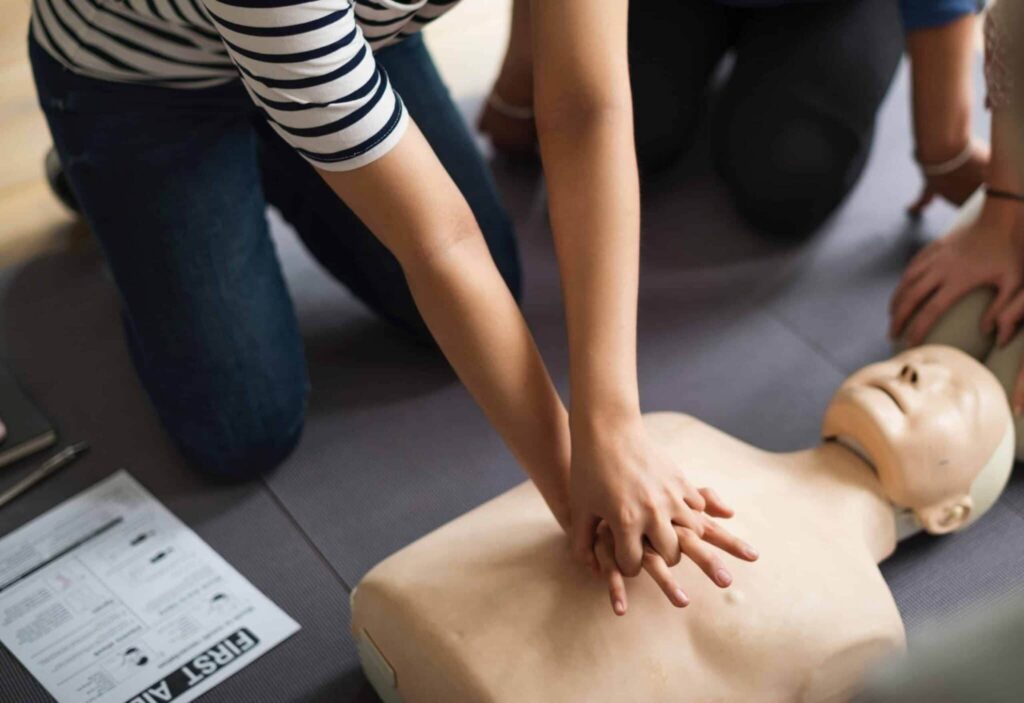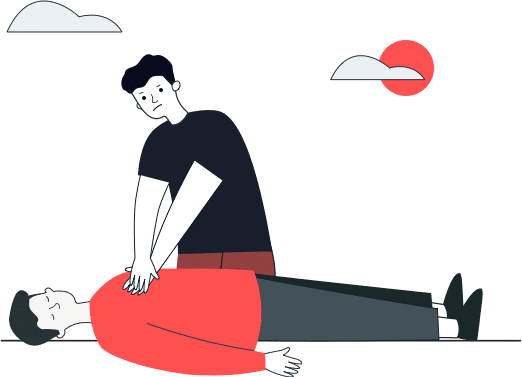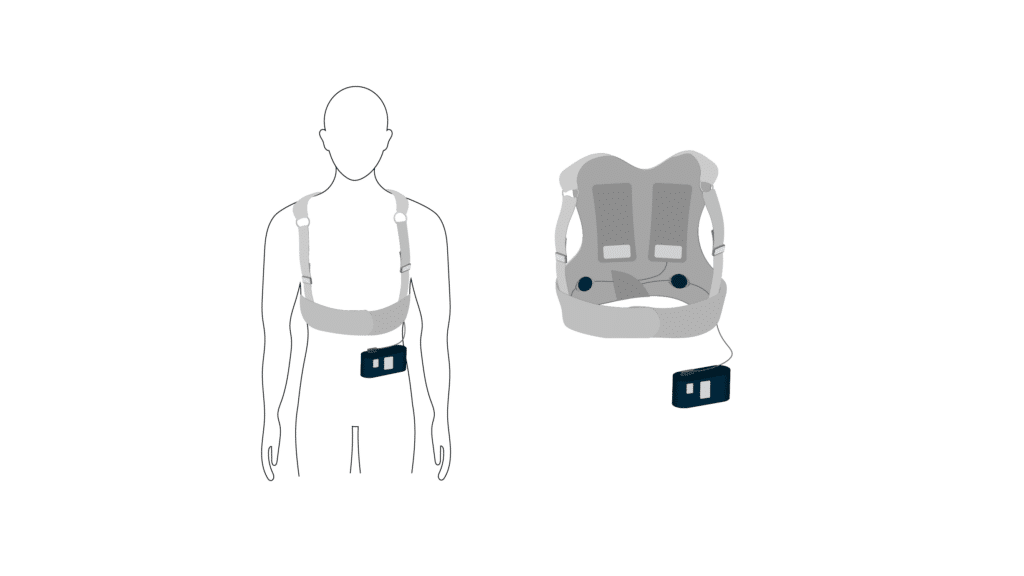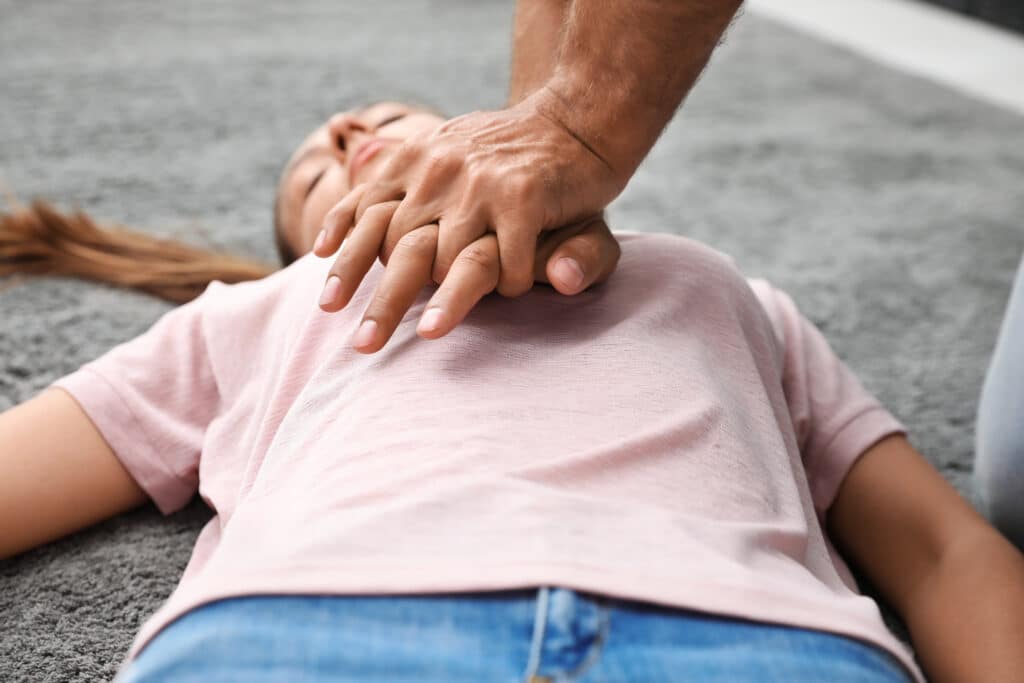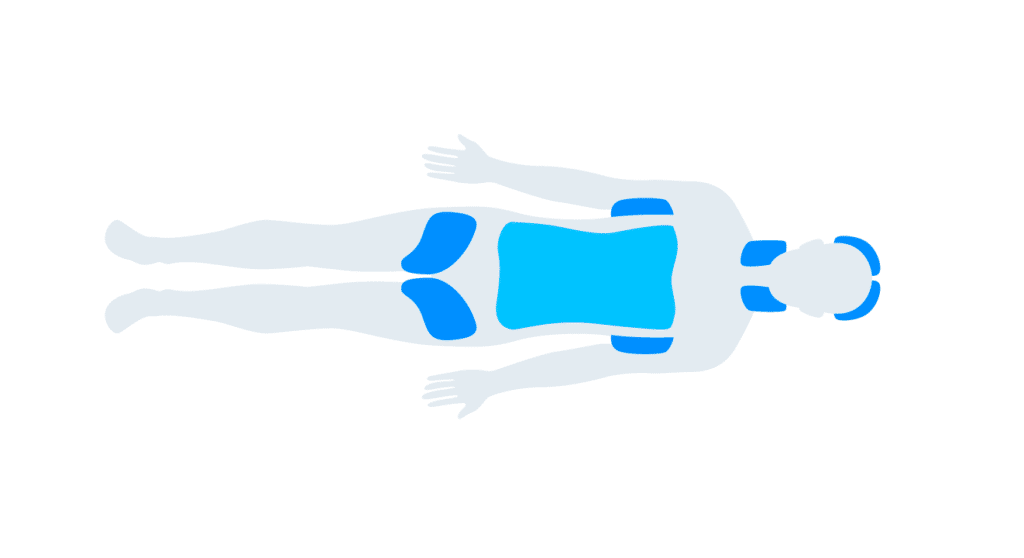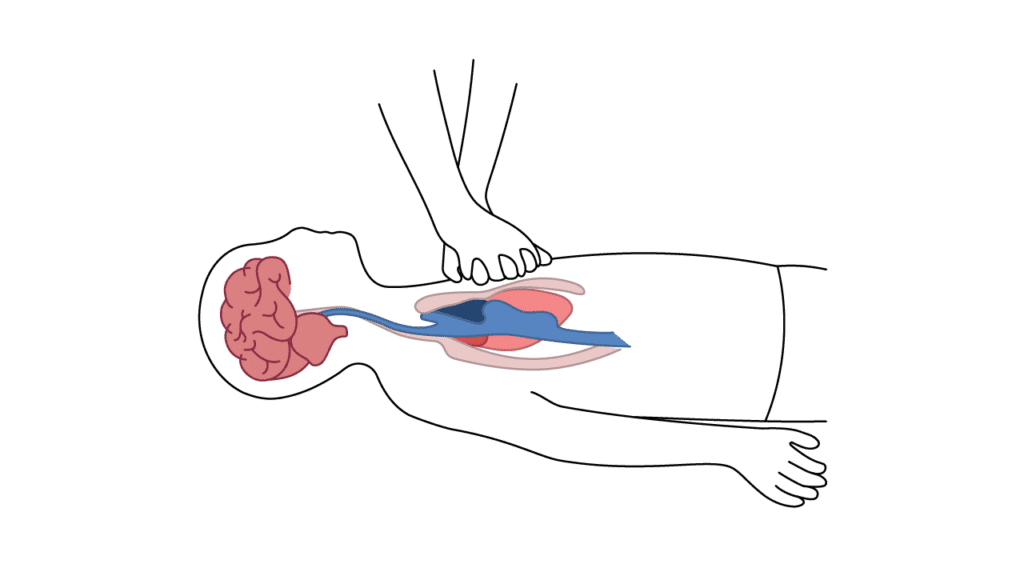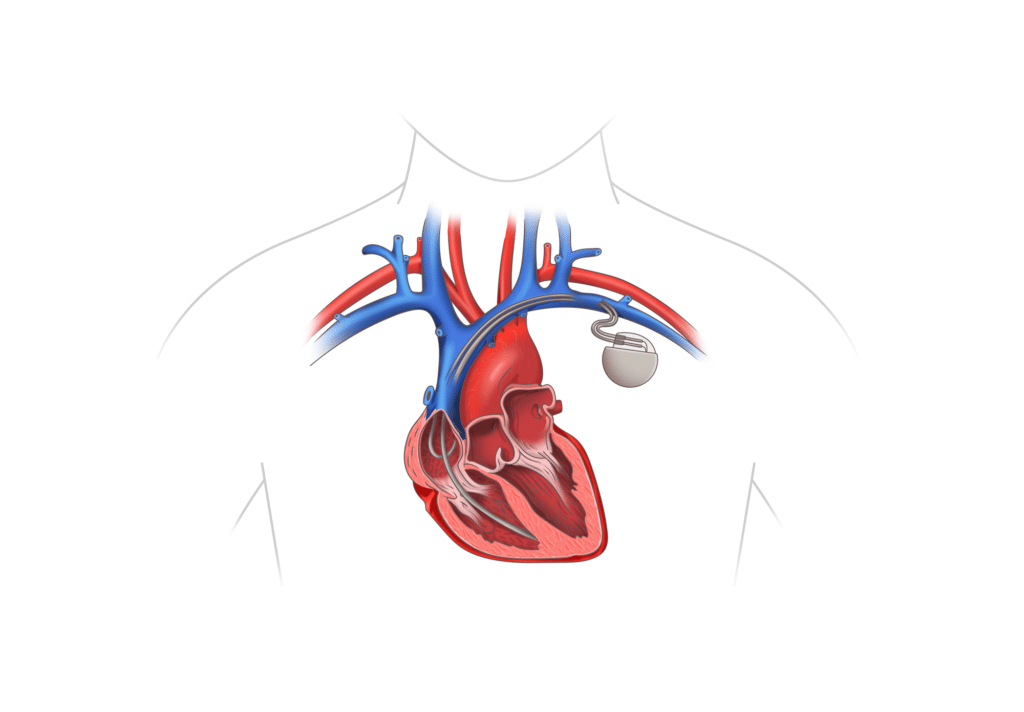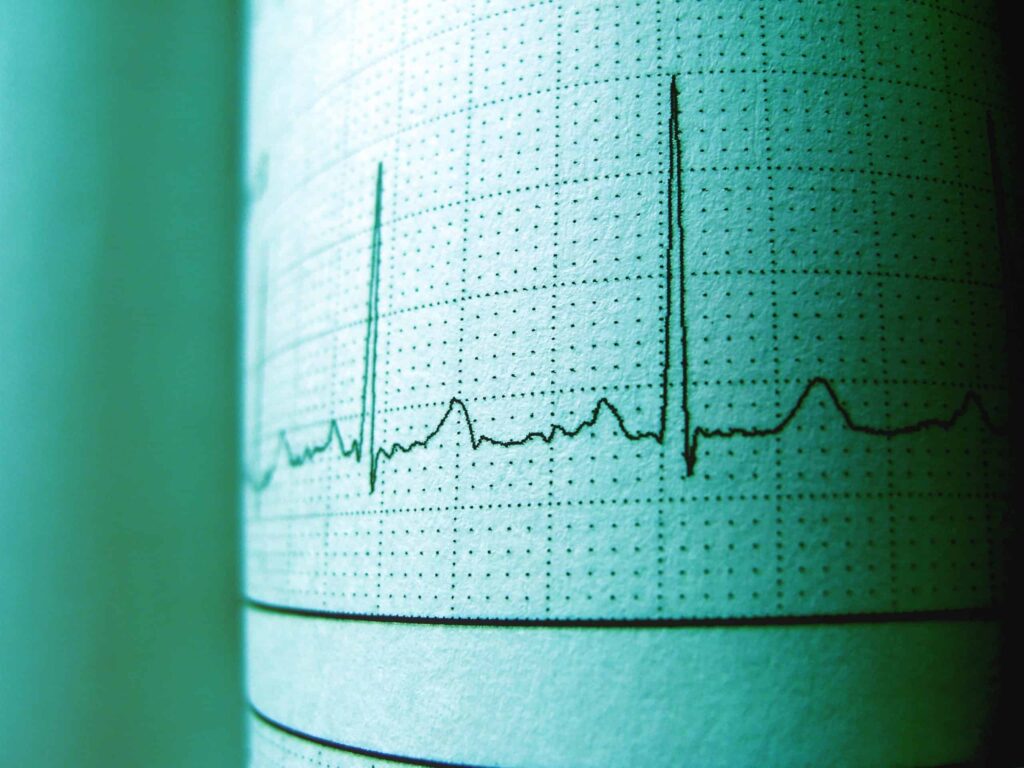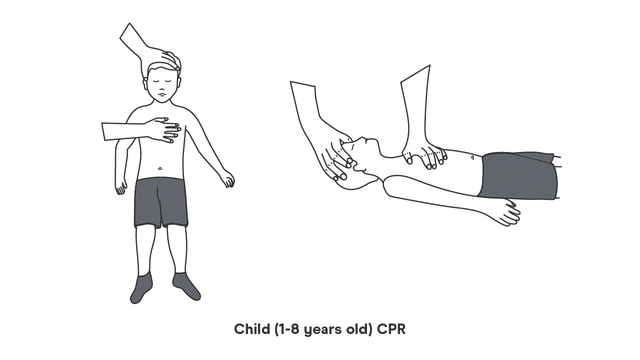Author: Meir Berkman
ICD vs. Pacemaker: What’s the Difference?
Implantable cardioverter defibrillators (ICD) and pacemakers are both medical devices that treat irregular heart rhythms, known as…
What CPR Stands For & How To Perform It
What is CPR? The American Heart Association has identified CPR as an essential link in the chain of…
High-Quality CPR: Overview & Components To Measure It
What is High-Quality CPR? High-quality CPR is cardiopulmonary resuscitation that meets performance metrics set by international resuscitation…
Explained: The Power of a Wearable Cardioverter Defibrillator
Defibrillation is the only therapy to treat someone in cardiac arrest. Every minute that a person in…
Hands-Only CPR: What It Is & How To Perform It
Imagine being out enjoying a day at the mall when you suddenly hear someone scream. You turn…
Targeted Temperature Management (TTM) After Cardiac Arrest: An Overview
Targeted Temperature Management (TTM) is a technique that is sometimes used after cardiac arrest to lower a patient’s…
10 Reasons Why CPR is Important
CPR is a critical life-saving procedure. Being CPR certified means you know how to quickly and properly administer…
AED With a Pacemaker: Can You Use a Defibrillator on Someone With a Pacemaker?
People with pacemakers implanted in their chests can experience cardiac arrest, too. You can use an AED…
Cardioversion vs. Defibrillation: Everything You Need to Know
Cardioversion and defibrillation are both treatments which treat abnormal heart rhythms, called arrhythmias. Arrhythmias can occur in…
What Are the Key Differences Between Infant, Child, and Adult CPR?
Do you know the differences between infant, child, and adult CPR? The American Heart Association (AHA) conducts…
ICD vs. Pacemaker: What’s the Difference?
Implantable cardioverter defibrillators (ICD) and pacemakers are both medical devices that treat irregular heart rhythms, known as…
What CPR Stands For & How To Perform It
What is CPR? The American Heart Association has identified CPR as an essential link in the chain of…
High-Quality CPR: Overview & Components To Measure It
What is High-Quality CPR? High-quality CPR is cardiopulmonary resuscitation that meets performance metrics set by international resuscitation…
Explained: The Power of a Wearable Cardioverter Defibrillator
Defibrillation is the only therapy to treat someone in cardiac arrest. Every minute that a person in…
Hands-Only CPR: What It Is & How To Perform It
Imagine being out enjoying a day at the mall when you suddenly hear someone scream. You turn…
Targeted Temperature Management (TTM) After Cardiac Arrest: An Overview
Targeted Temperature Management (TTM) is a technique that is sometimes used after cardiac arrest to lower a patient’s…
10 Reasons Why CPR is Important
CPR is a critical life-saving procedure. Being CPR certified means you know how to quickly and properly administer…
AED With a Pacemaker: Can You Use a Defibrillator on Someone With a Pacemaker?
People with pacemakers implanted in their chests can experience cardiac arrest, too. You can use an AED…
Cardioversion vs. Defibrillation: Everything You Need to Know
Cardioversion and defibrillation are both treatments which treat abnormal heart rhythms, called arrhythmias. Arrhythmias can occur in…
What Are the Key Differences Between Infant, Child, and Adult CPR?
Do you know the differences between infant, child, and adult CPR? The American Heart Association (AHA) conducts…

